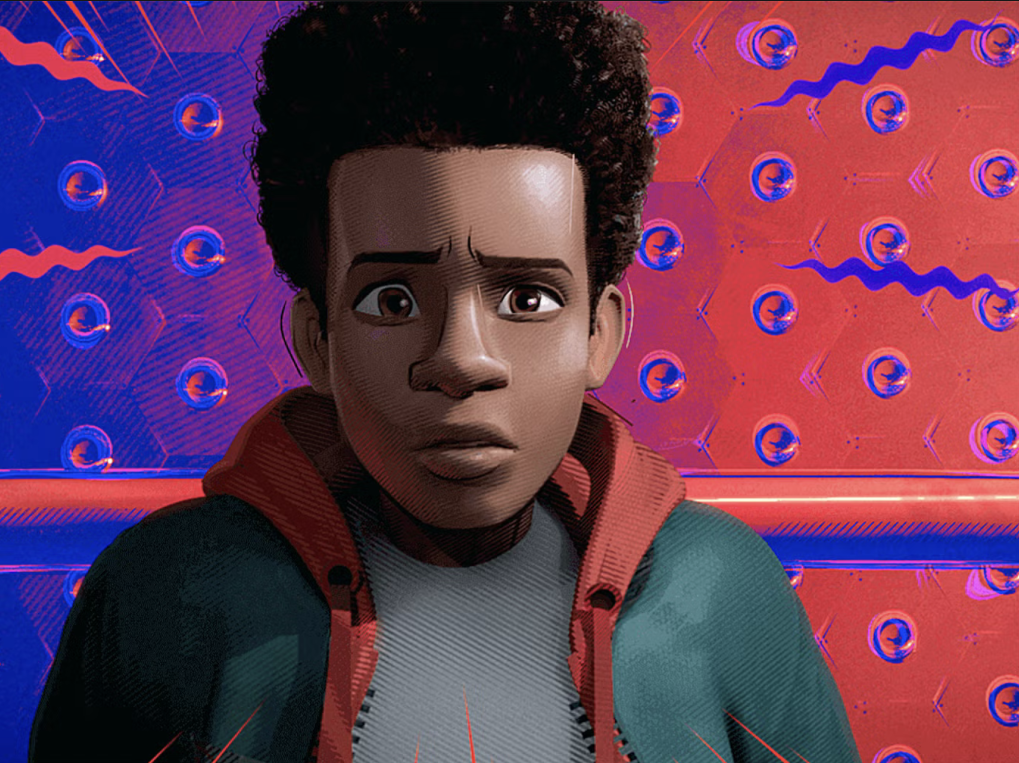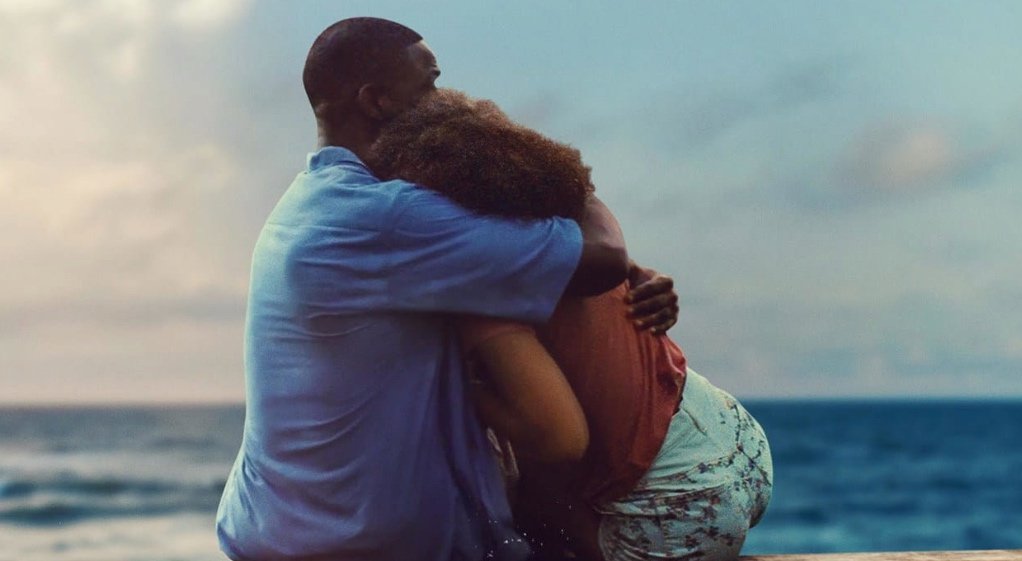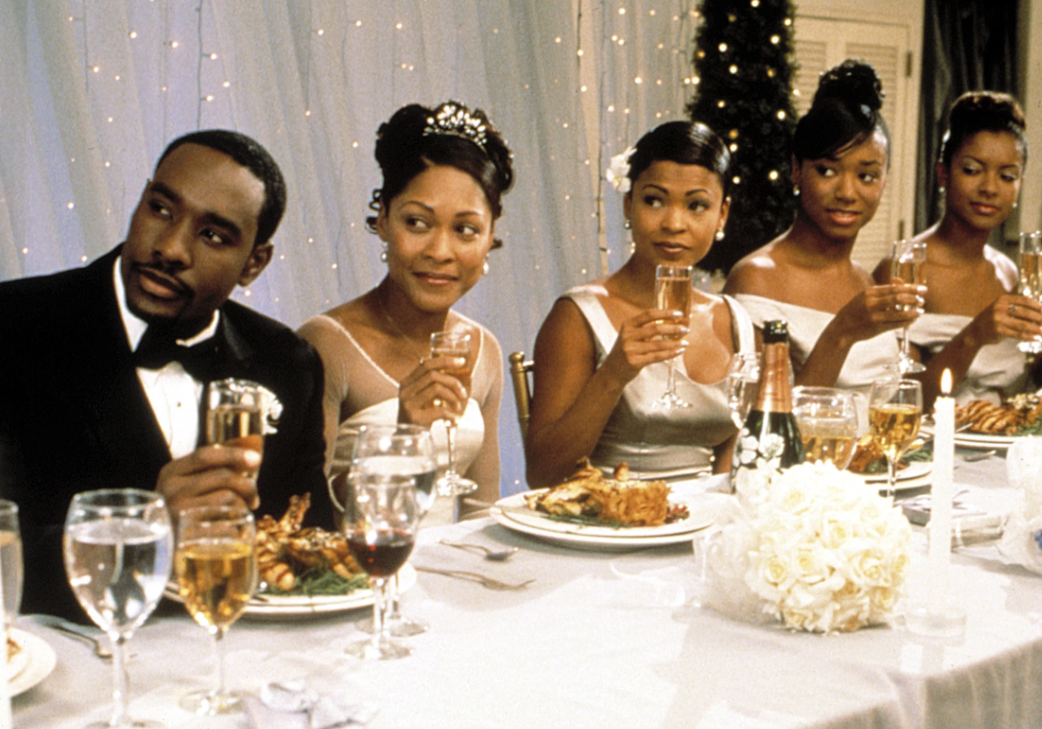The Addiction to the Black Struggle: A Film Genre?
The past Black films that have been nominated at the Academy Awards for Best Picture have all centered on themes of trauma and adversity.
The Academy Awards stand as perhaps the biggest measurement of accomplishment for actors, writers, directors, and other creatives in the film industry. This year’s show, having taken place on March 20, rounded up the biggest performances of the year, which in turn sparked conversations around Black films and performances (or the lack thereof).
During a backstage press conference, Cord Jefferson, the writer and director of American Fiction, caused quite the stir on Black Twitter (X) with his remarks .“Hopefully, the lesson here is there is an audience for things that are different. There is an appetite for things that are different and a story with Black characters that’s going to appeal to a lot of people,” Jefferson expressed. “[Black films don’t] need to take place on a plantation, they don’t need to take place in the projects. It doesn’t need to have drug dealers in it and doesn’t need to have gang members in it. There’s an audience and market for depictions of Black life that are as broad and as deep as any other depictions of people’s lives.”
His statement echoes the sentiments of Black audiences who have long called for more variety in Black cinema. In recent years, the addiction to Black trauma and pain has become increasingly apparent in contemporary films, and the Oscars served as a stark reminder of this trend. The Color Purple and American Fiction were recognized as standout films of 2023, but despite both receiving critical acclaim, one garnered more press coverage and funding, while the other faced challenges in gaining attention.
There seems to be a disconnect in what producers, particularly in Hoolywood, deem to be a movie worth investing in. They will readily support films centered on the Black struggle, but overlook those depicting diverse Black experiences.
When you look at blockbuster movies like The Color Purple– a story of a poor, uneducated, and abused Black woman – which enjoyed substantial marketing campaigns, it makes you question the allocation of resources to creators that promote diverse narratives. The Color Purple was inescapable for months leading up to its release in December 2023, having partnerships with famous brands, cinematic teasers, and even “wearing purple” to market the movie, while American Fiction (released three months earlier) could hardly run commercials. Despite offering a fresh perspective of Blackness, American Fiction virtually had no press. Due to this, the film failed to gain the box-office success expected of an Oscar-nominated movie.
Luckily, Black audiences are getting tired of overused tropes and clichés. The Color Purple, which had a lot of press and marketing, was a true box office failure. On a nearly 100 million dollar budget, the film only grossed $67.5 million. Among us Black folks, there is a lingering feeling of “been there, seen that”—The Color Purple was and is a beautiful story, but it’s also a painful one that did not need to be paraded around as something new.
We should be able to have our dynamic films, but they are not gaining the traction of the “traditional” ones. Jefferson suggests (and correctly, I might add) that dynamic, nuanced stories exist and are being written and made, but struggle to garner Hollywood’s attention and support.
The past Black films that have been nominated at the Academy Awards for Best Picture have all centered on themes of trauma and adversity–works like Judas and the Black Messiah, Fences, 12 Years a Slave, Precious, and Moonlight–have all been celebrated in Hollywood. These works are not uncreative or particularly terrible, but they do represent a vicious cycle: It sets Black writers up to be formulaic in the ways that they write Black characters and stories.
To gain success, it seems that Black writers must conform to traditional narratives, perpetuating the myth of a monolithic “Black experience” defined solely by struggle. However, our stories are more than just struggles. Black people have narratives that are human and deeply relatable, too.
There needs to come a time when Black creatives can make profound films without having to bait the Academy with narratives of Black struggle and trauma. We should be able to have stories that reflect the full breadth of Black existence, including Black joy and beauty. We deserve stories of Black vampires, zombies, billionaires, and losers. Where is our Poor Things or Maestro?
If you’re looking for Black movies that celebrate more than just struggle, I recommend these 5 Feel-Good Films With Black Leads:
The Last Black Man in San Francisco
(2019)
The Last Black Man In San Francisco
This A24 film is a heartwarming tale about friendship, family, and community, following the semi-autobiographical story of Jimmie Fails, who also stars in the film.
2. Spiderman: Into the Spider-Verse
(2018)
Spiderman: Into The Spider-Verse
A vibrant and imaginative animated film featuring Miles Morales, a Black comic-book character navigating his destiny amidst a colorful and engaging narrative.
3. Waves
(2019)
Waves
An exploration of family dynamics, love, loss, and forgiveness.
4. Sylvie’s love
(2020)
Sylvie’s Love
For the ones hooked on romance, Slyvie’s Love is the perfect movie for you. It follows two former lovers who lead different lives but when reunited years later, they realize that their affection for each other hasn't diminished over time.
5. the best man
(1999)
The Best Man
For a little throwback, The Best Man is a classic movie. It follows a college gang reuniting for a friend’s wedding only to discover scandals that test the bonds within the group.











